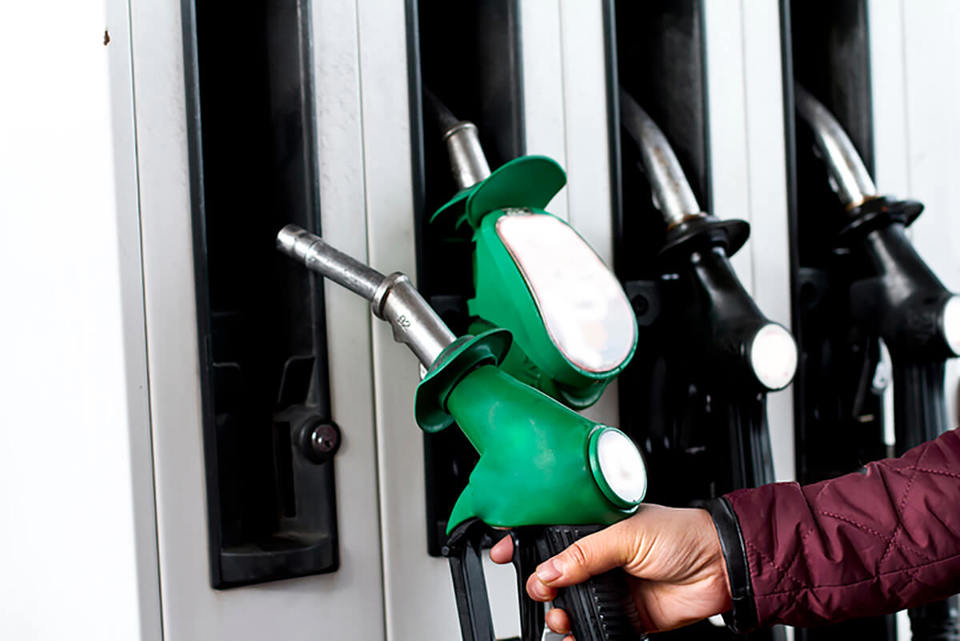The volatility of forecourt prices over the past year has highlighted the difficulties fleets face with regard to setting budgets for fuel consumption.In addition to millions of extra pounds flowing from business accounts every year, higher prices also result in the problem of fuel fraud, with employees attempting to use company money to pay for their own private fuel use.
Companies need a comprehensive approach to their fuel programmes in order to predict and control costs.
There are four solutions: fuel cards, reimbursement by fixed mileage rate, reimbursement at cost and bunkering.
What isn’t an option, in most cases, is offering free fuel for all mileage, business and private (see table below).
Paul Hollick, general manager sales development at Alphabet, says: “If you offer a car allowance, or the employee has accepted extra salary in lieu of a company car, your business should only pay for the fuel element of their business mileage costs.”
Many companies have gone one step further, however, and stopped providing free private fuel altogether because the tax payable by most drivers exceeds the benefits.
Employers also pay Class 1A National Insurance, plus the cost of the fuel.
A fuel buyout option can be used to wean employees off free fuel.
Extra salary can replace the benefit to make a dramatic cost saving in most cases.
For example, it costs a normal business £911 to provide a benefit worth £142 to a lower private mileage basic rate taxpayer driving a car emitting 140g/km, whereas providing extra salary to keep the employee neutral only costs the business £195, a saving of £716 a year.
“The populations of drivers where a fuel buyout is not effective are higher private mileage basic rate taxpayers and very high private mileage higher rate tax payers,” says Dan Rees, business car consultant at Deloitte.
“For lower private mileage higher rate taxpayers, both the employer and the employee are likely to benefit from the withdrawal of free fuel.”
Fuel cards bring transparency and lower bills
A fuel card can be a flexible friend that saves fleets money. Benefits include transparency of fuel costs, automated reporting and exception reports and simple VAT management.
“It is essential to choose a fuel card with good network coverage so that drivers don’t need to deviate from their route to fill up,” said Meryl Gilbert, Arval business development director – fuel.
“There is little point in looking to control fleet mileage if drivers expend more in fuel looking for a brand where they can use their fuel card than they save through the fuel policy.”
A reputable fuel supplier should not only be able to offer a fleet manager a good network of sites, but also the accompanying tools to manage the fuel cards.
ReD Fuel Cards (Europe) suggests fleets should ensure their provider offers an online management service to save administration time.
BP says its Fuel Management Solutions package allows customers to implement strategies that deliver cost-savings and efficiencies by doing the legwork for them.
Shell offers a robust online system to combat fraud and has just signed up the AA to its EuroShell card.
The AA expects to use the card for around 60% of its nine million litres of fuel bought a year, helping to reduce its fleet management running costs.
Volume discounts will save the AA money,and it was attracted by the fact that its 3,000 patrols can access a national network of 900 sites.
“Our drivers need to have access to fuel at convenient locations and on a 24-7 basis,” said Steve Sharpe, AA fleet operations manager.














Login to comment
Comments
No comments have been made yet.